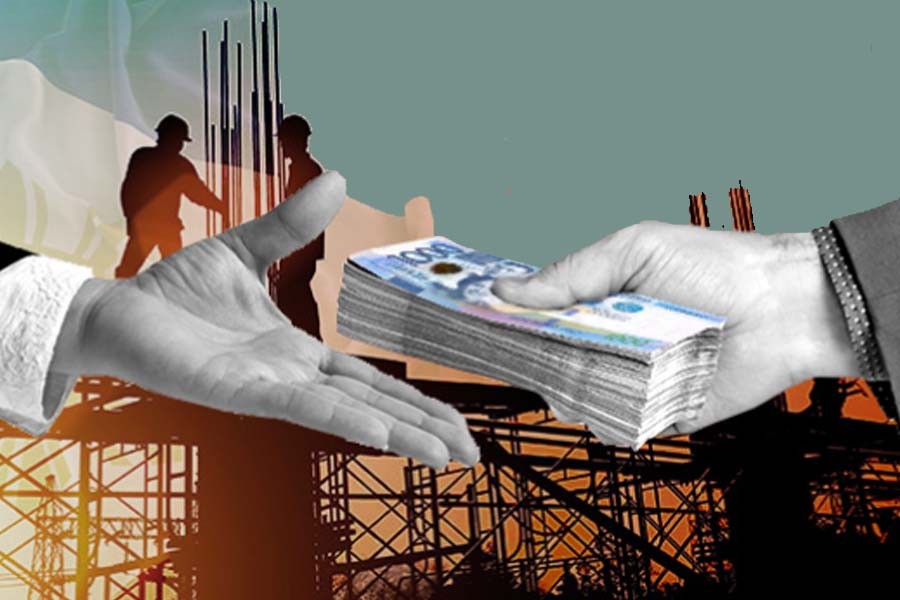The Philippines has so far secured a total of 8.83 billion US dollars in borrowings, loans and grant assistance for the government's coronavirus disease (Covid-19) response efforts from its development partners and the commercial markets, the country's Department of Finance (DOF) said on Sunday.
Of the total amount, the DOF said $5.98 billion is budget support financing from the Asian Development Bank, the World Bank, the Asian Infrastructure Investment Bank, the French Development Agency and the Japan International Cooperation Agency.
A total of $2.35 billion was sourced from the government's latest global bond offering that fetched its lowest ever coupon in the US dollar market, the DOF added.
The DOF said the remaining $496.36 million is from grant and loan financing from the Philippines' development partners for various Covid-19 specific projects, reports Xinhua.
Finance Secretary Carlos Dominguez said that total government borrowings for 2020 and 2021 are projected to reach 3.0 trillion pesos (roughly $61.7 billion) to support priority expenditures necessary for the country's swift recovery from the Covid-19 crisis and public investments in infrastructure and social services.
Dominguez added that borrowings are expected to settle at 2.3 trillion pesos (roughly $47.3 billion) in 2022, with funding in favor of domestic sources.
He said the debt-to-gross domestic product (GDP) ratio is projected to settle at 54 per cent this year, 58 per cent in 2021, and 60 per cent in 2022.
Dominguez added that these projections are still lower when compared to the country's all-time high debt level of 71.6 per cent of GDP in 2004.
In 2019, he said the debt-to-GDP ratio fell to a historic low at 39.6 per cent, "owing to President Rodrigo Duterte's prudent cash and debt management policy backed by steady economic growth."
Covid-19, however, forced the government to impose the necessary lockdowns to save lives and protect communities, which, expectedly, led to nationwide work stoppages and a subsequent drastic contraction of the economy that overturned most of the economic gains, he said.
The lockdowns severely curtailed economic activities and muted the government's revenue-generation capacity, with total revenue collection reaching only 1.7 trillion pesos (roughly $35 billion) in the first seven months of 2020, or 7.0 per cent lower than the revenue take in the same period last year, with 85 per cent of the revenues coming from tax collections, and equivalent to a negative growth of 12 per cent.
Increased government spending amid lower revenue collection pushed the fiscal deficit to 700.6 billion pesos (roughly $14.4 billion) in the first seven months of the year, which is six times higher compared to that in the same period in 2019.
"The effects of this pandemic would have been much worse had it caught us in a weak fiscal position. Fortunately, when it hit us, we had sufficient means to fight the battle and ramp up public spending," Dominguez said.
The Philippines now has 237,365 confirmed COVID-19 cases, including 184,687 recoveries and 3,875 deaths.


